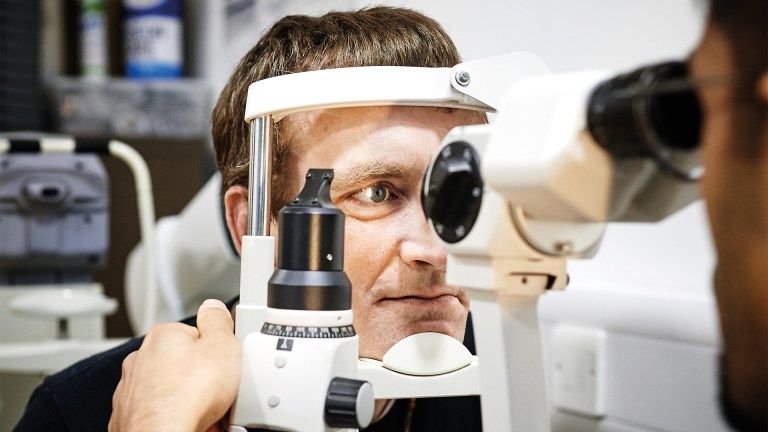General practitioners in England are struggling to treat people experiencing homelessness, a groundbreaking new study has found.
The research, from King’s College London and the University of Surrey, found single people experiencing homelessness in England were able to access their local doctor 5.8 times over a year on average compared to 18.6 times for specialist health centres.
Participants who attended regular GP surgeries were less satisfied with the service they received: 56% said they definitely had confidence and trust in their doctor or nurse when last seen. That was far lower than the proportion who said the same among those who attended specialist GPs (81%) or specialist health centres (82%).
Dr Maureen Crane, the report’s author, said GPs needed more support to help people experiencing homelessness, who often have greater health needs than and a lower life expectancy than the rest of the population.
“Regular GPs are the main primary health care provider for many people who are homeless, particularly outside large cities,” said Crane, visiting senior research fellow at the NIHR Health and Social Care Workforce Research Unit at King’s College London. “It is, therefore, essential that they have the resources to support patients who are homeless, many of whom have multiple and complex health needs and find it hard to engage with services.
“The benefits of introducing a ‘homelessness lead’ into these GP practices to coordinate care for patients who are homeless should also be considered.”






